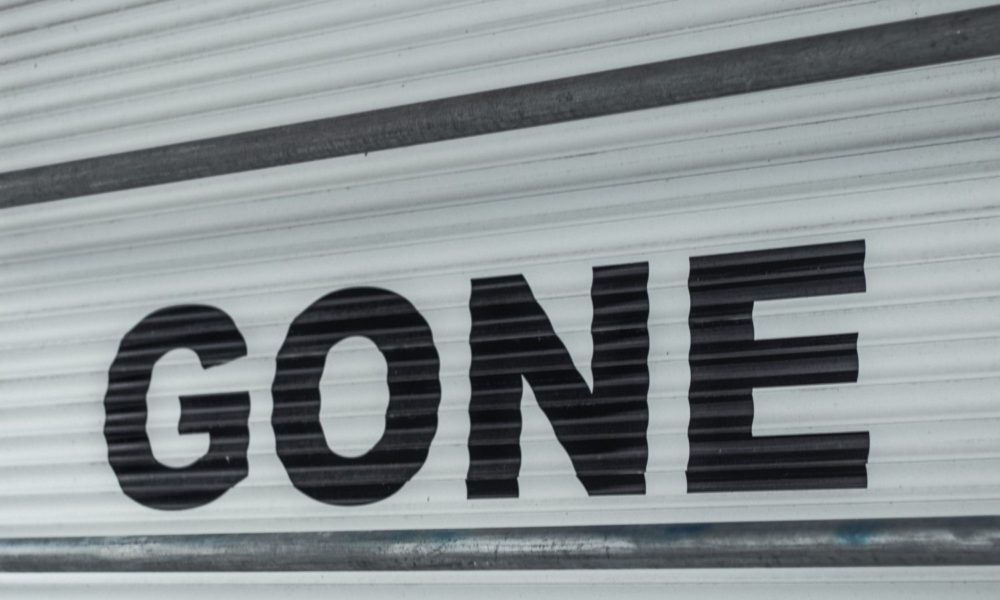 Felix Haumann/Pexels
Felix Haumann/Pexels
UCS Science Network
The UCS Science Network is an inclusive community of more than 25,000 scientists, engineers, economists, and other experts, focused on changing the world for the better. The views expressed in Science Network posts are those of the authors alone.
 Felix Haumann/Pexels
Felix Haumann/Pexels
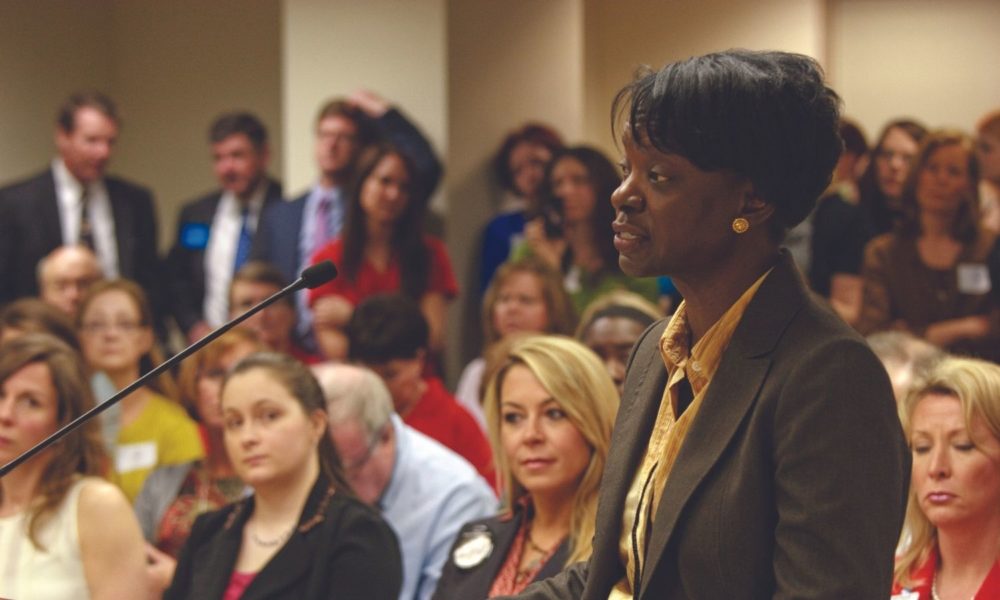 Jay Williams/Flickr
Jay Williams/Flickr
 Ula Kuźma/Unsplash
Ula Kuźma/Unsplash
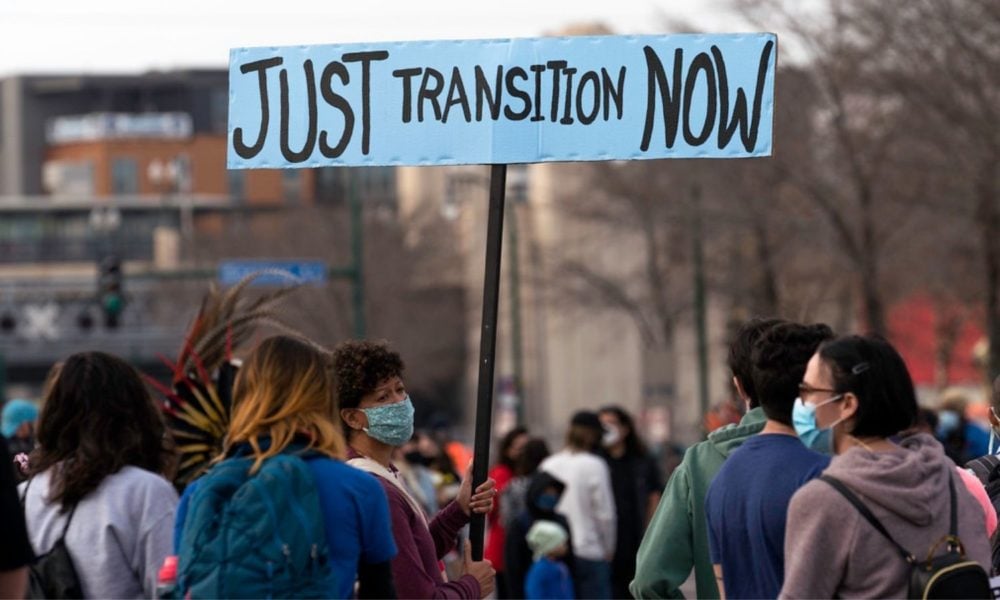 Lorie Shaull/Flickr
Lorie Shaull/Flickr
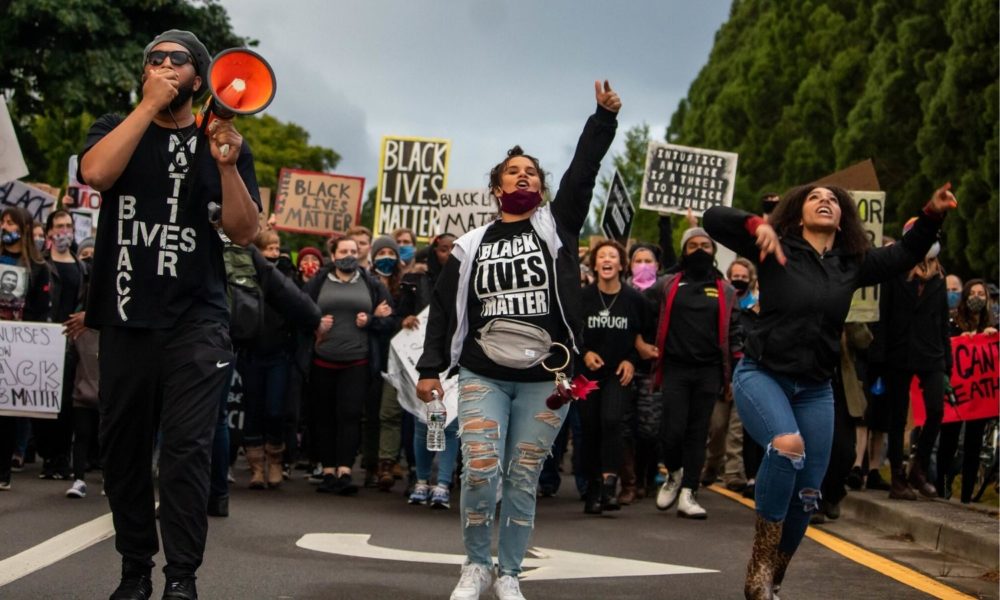 David Geitgey Sierralupe/Flickr
David Geitgey Sierralupe/Flickr
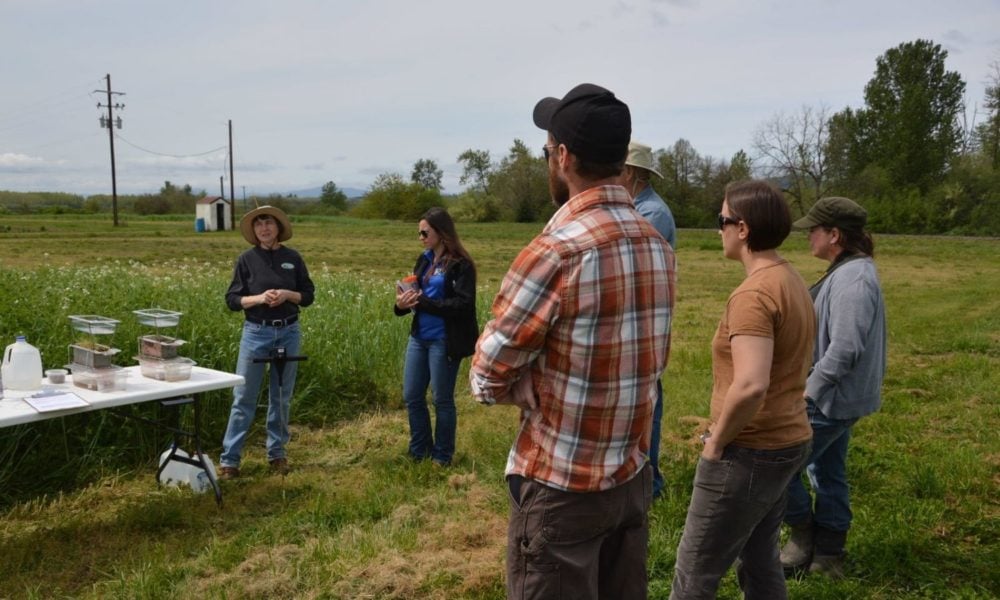 Tracy Robillard/NRCS Oregon
Tracy Robillard/NRCS Oregon
 J.L. Simonis
J.L. Simonis
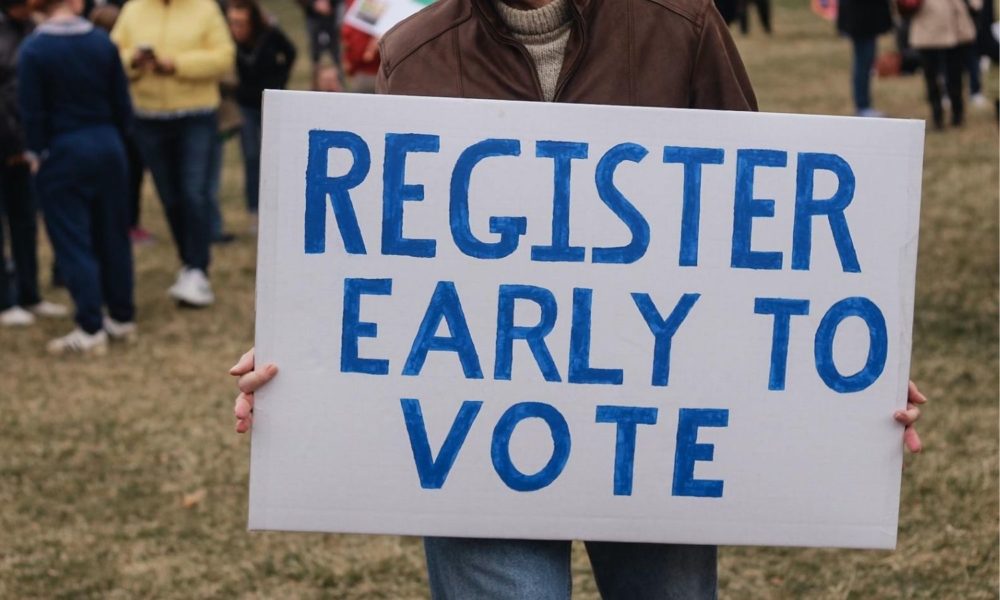 Annie Bolin/Unsplash
Annie Bolin/Unsplash
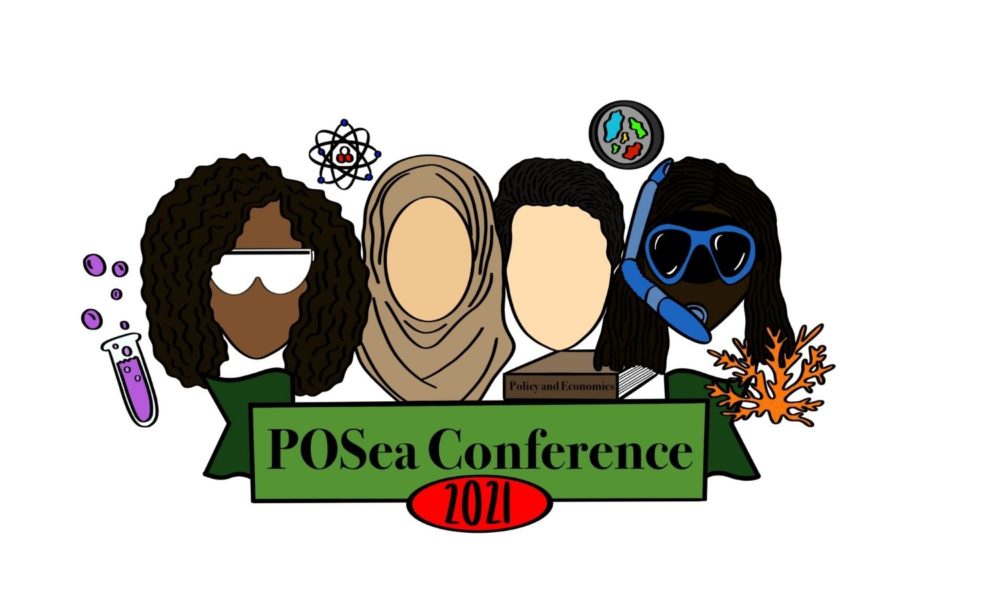
 Abhishek Jacob/Flickr
Abhishek Jacob/Flickr
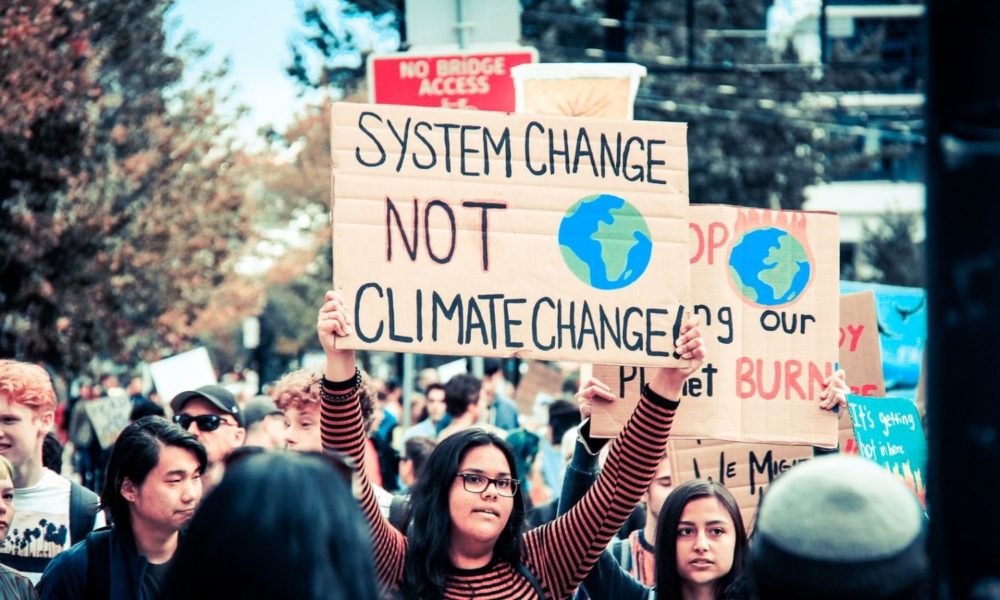 Chris Yakimov/Flickr
Chris Yakimov/Flickr
 J.L. Simonis
J.L. Simonis
 Ruaha Carnivore Project
Ruaha Carnivore Project
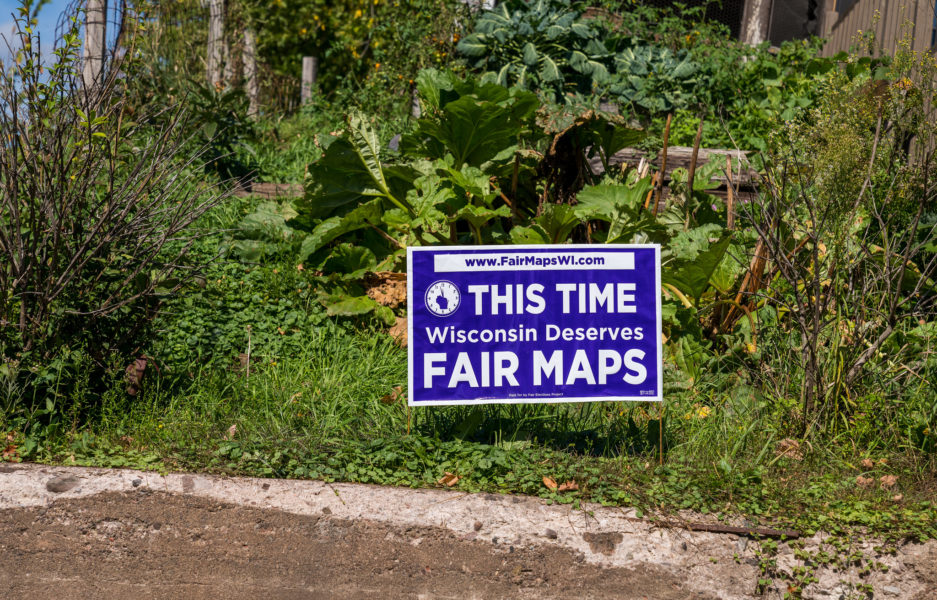 Tony Webster/Flickr
Tony Webster/Flickr
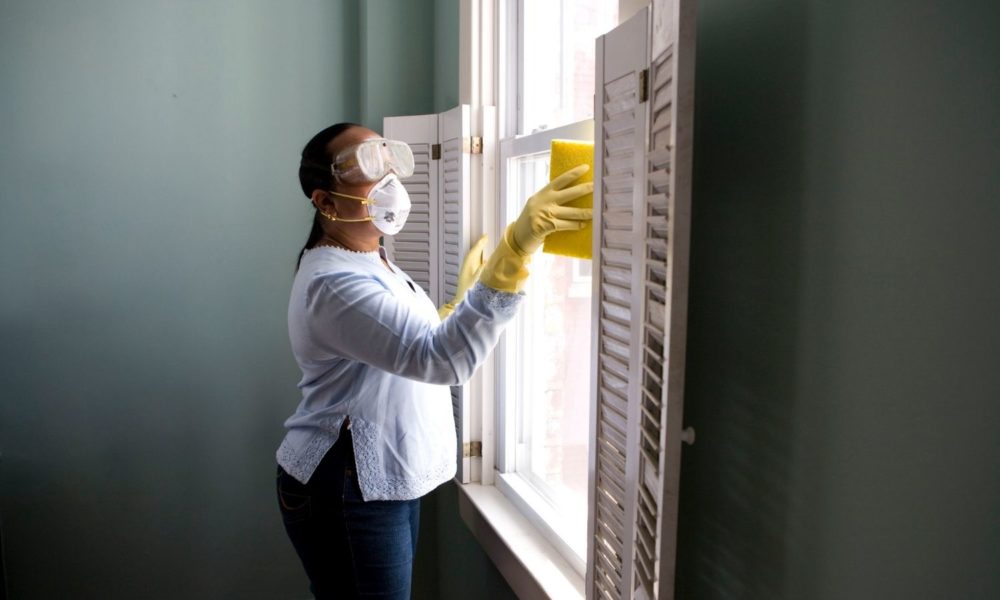 CDC/UNSPLASH
CDC/UNSPLASH
 Ye Jinghan/Unsplash
Ye Jinghan/Unsplash
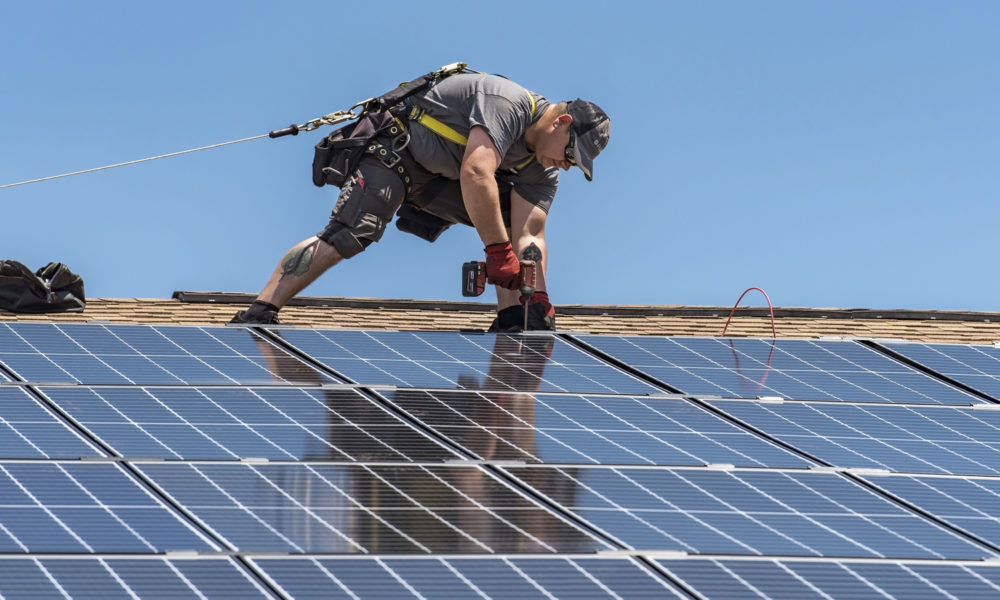 U.S. Air Force photo by Roland Balik
U.S. Air Force photo by Roland Balik
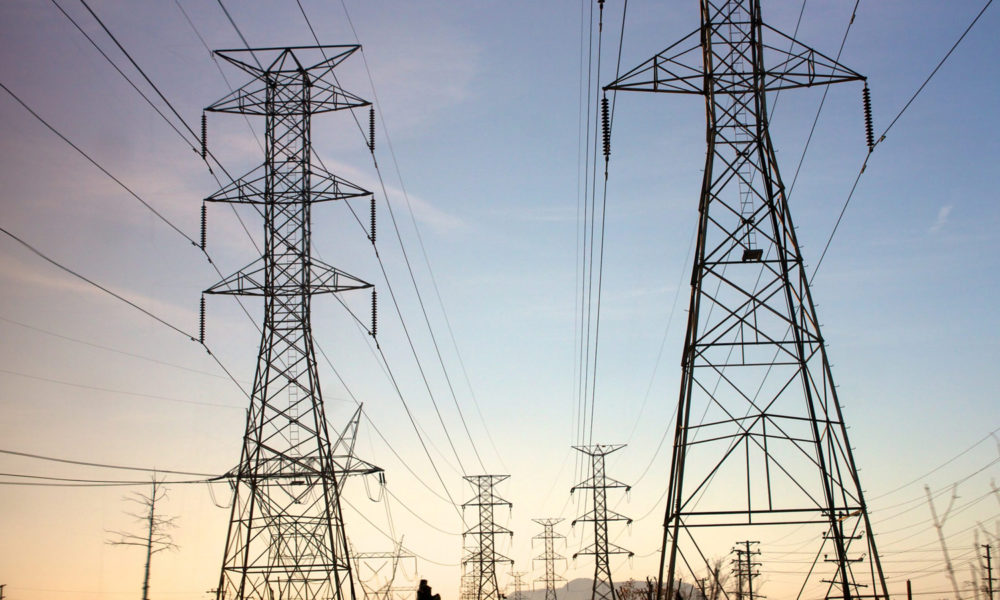 Oran Viriyincy/Flickr
Oran Viriyincy/Flickr
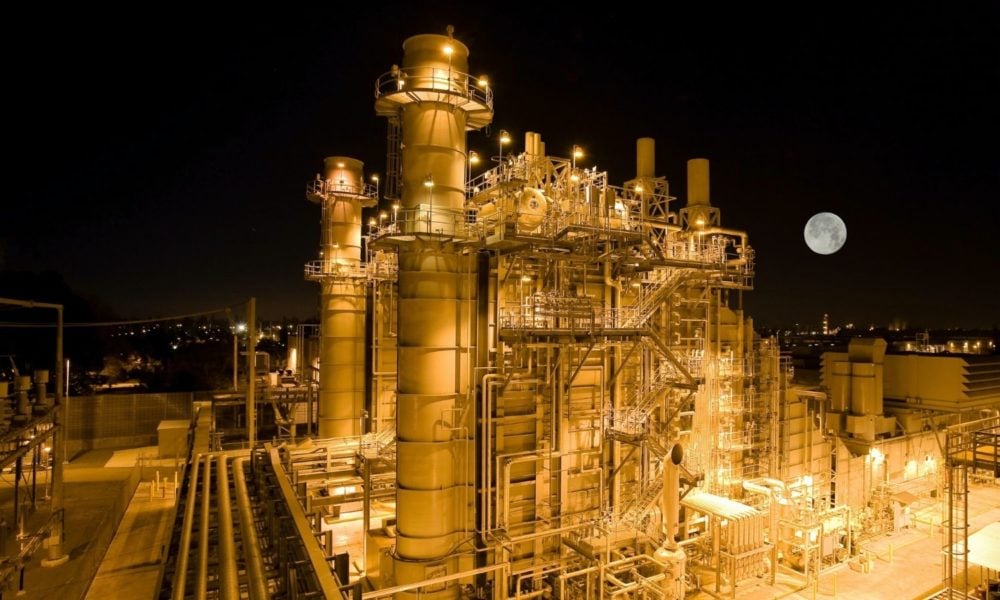 American Public Power Association
American Public Power Association
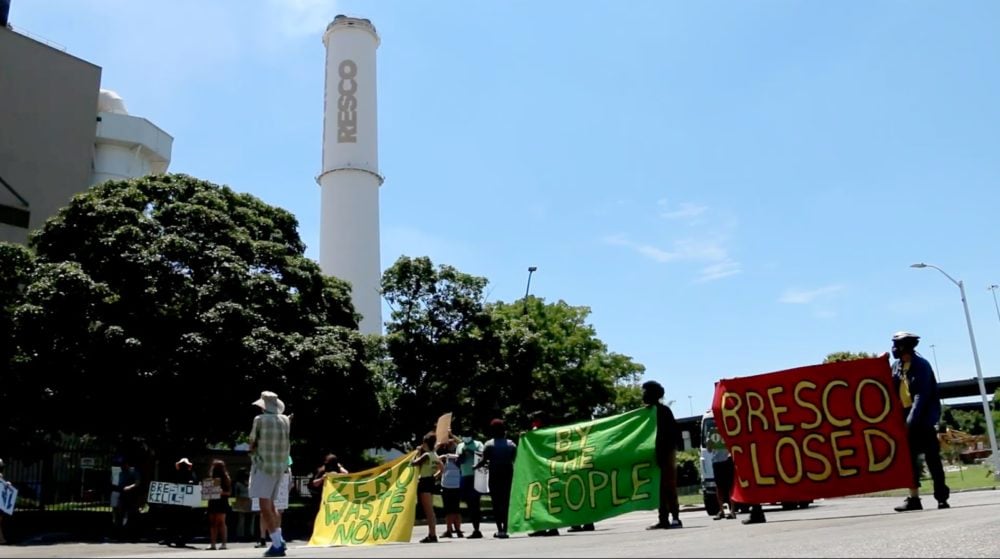 South Baltimore Land Trust
South Baltimore Land Trust
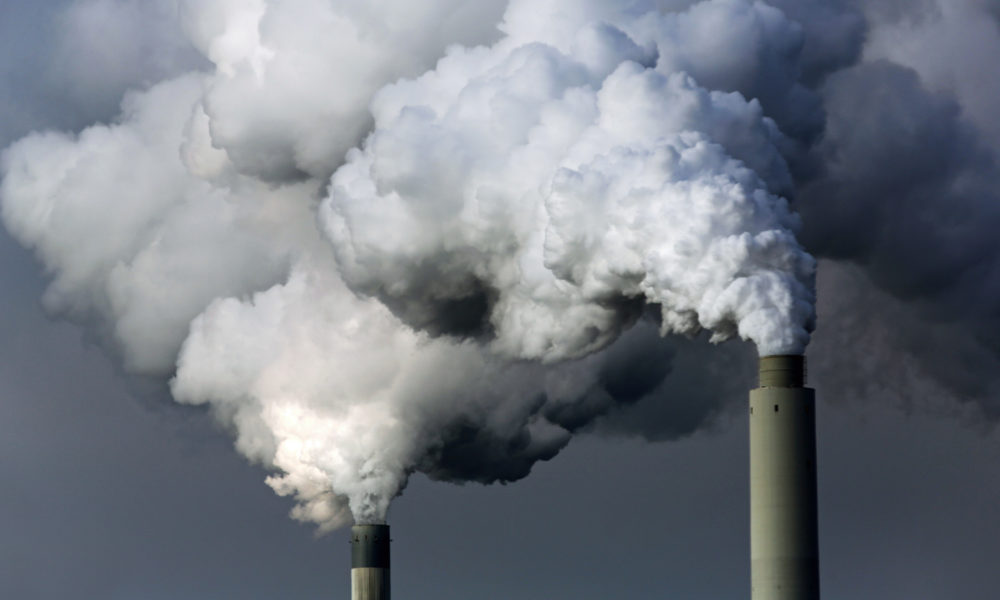 Klaus Eppele/Adobe Stock
Klaus Eppele/Adobe Stock
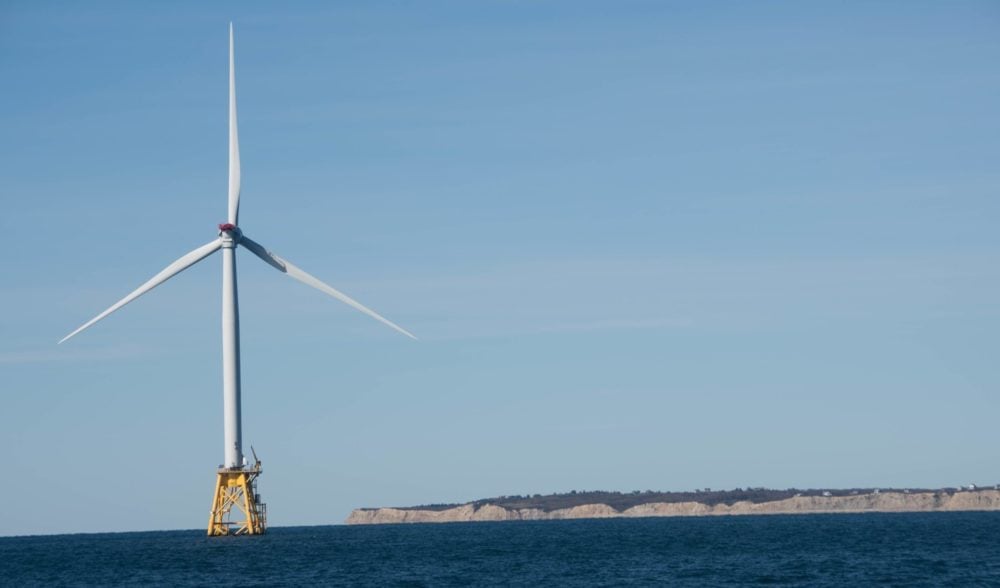 Derrick Z. Jackson/UCS
Derrick Z. Jackson/UCS
 Jonathan Ford/Unsplash
Jonathan Ford/Unsplash
 Reject Keystone XL -- NOW Protest Seattle. Damien Conway/flickr
Reject Keystone XL -- NOW Protest Seattle. Damien Conway/flickr